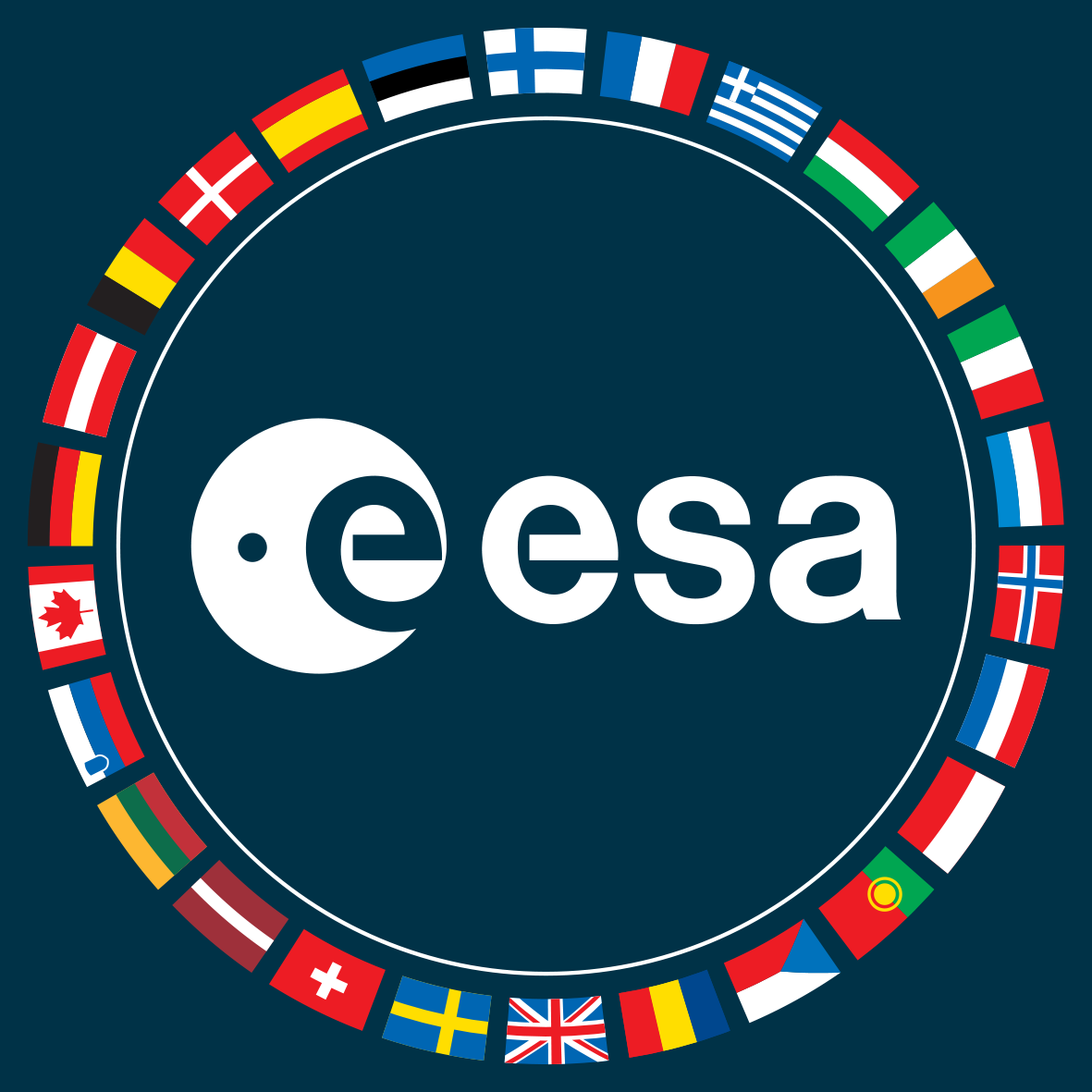Galileo Safety of Life (SoL) System Engineer
Noordwijk, The Netherlands, ESA [10225]
About this job
ESA is looking for a Galileo Safety of Life (SoL) System Engineer.
Description
Galileo Safety of Life (SoL) System Engineer in the Galileo Signal in Space Engineering Unit in the Galileo G1 System Engineering Service, Galileo First Generation Project Office, Galileo Programme Department, Directorate of Navigation.
The Unit is in charge of all Signal in Space Interface Engineering activities needed for completion of the Galileo System and conducts Safety of Life activities to ensure acceptance of Galileo for use in aviation. The Open Service Signals will enable SoL applications through augmentation via Space-Based Augmentation Systems (SBAS) Dual Frequency Multi-Constellation (DFMC) (in particular EGNOS V3) and application of the concept of Advanced Receiver Autonomous Integrity Monitoring (ARAIM).
Responsibilities
You will report to the Head of the Galileo Signal in Space Engineering Unit and have principal responsibility for SoL-related tasks for Galileo G1 Full Operational Capability (FOC). You will ensure that the Galileo system can support SoL applications (DFMC SBAS and ARAIM) and is accepted by the aviation user community.
Your duties will include:
- ensuring the provision of Feared Events characterisation information to standardisation bodies through continuous Signal-in-Space monitoring in support of future EGNOS V3 design and H-ARAIM;
- overseeing the Integrity Failure Mode and Effect Analysis (IFMEA) process implemented for Galileo;
- the definition, design, development and verification of additional monitoring capabilities needed to comply with SoL needs within the Galileo system;
- the definition and maintenance of SoL-related requirements at System and Segment level (ground and space) for Galileo G1 FOC, in accordance with applicable Mission requirements;
- the definition, design, development and verification of performance indicators to be generated by the Galileo system needed for ARAIM (e.g. User Ranging Accuracy);
- the definition and coordination of the system interface with a future Integrity Support Message Generator;
- ensuring the contribution to the Galileo Mission Configuration Control Board (MCCB) when relevant for SoL items;
- ensuring support to standardisation bodies (EUROCAE, ICAO, RTCA) in close interaction with the EC and GSA in order to provide Galileo SoL capabilities to the user community through the Galileo Service Definition Document (SDD), Public Open Service Signal-in Space Interface Document (OS SIS-ICD), Aviation Receiver Minimum Operational Performance Standards (MOPS) and Standards and Recommended Practices (SARPS);
- coordinating with Segments, Security, and Operation regarding SoL aspects;
- implementing system improvements needed to support SoL in close cooperation with the G1 and G2 SE Units;
- contributing to the investigation and closure of Anomaly Reports (AR) and Non-Compliance Reports (NCR) relevant to SoL and identifying lessons learned;
- technical coordination of SoL work plan definition and follow-up to steer the work of the System support industry.
Profile
Technical competencies
ARAIM/SBAS architecture concept covering receiver algorithm and GNSS system implications
Safety & RAMS engineering
GNSS Signal-in-Space Processing and Performance
Fault monitoring concepts and related barriers
Probability and Statistics Theory and its application
Space System Engineering
Education
Master’s degree in aerospace or electrical engineering, mathematics or physics is required.
Additional requirements
You should have at least five years’ experience in GNSS Safety engineering at system level covering experience in design, development and verification.
Proven experience in the analysis and application of System Integrity Applications using GNSS data is required. You should demonstrate an awareness of the various SoL concepts developed based on GNSS with a solid understanding of their operation and participating stakeholders.
You should demonstrate that you can handle pressure and conflict as may typically occur in a project team. You should be results-oriented, able to set priorities, capable of presenting practical solutions both verbally and in writing.
You should have good leadership, interpersonal and communication skills. You should have the ability to work autonomously, effectively and cooperatively in a diverse, international team environment, defining and implementing solutions in line with team and individual objectives and project deadlines. You should also have good technical, analytical, organisational and reporting skills, a proactive attitude to solving problems and an interest in innovative technologies.
For a complete job description and to apply, click on “apply”.
The closing date for applications is 23 December 2020.
If you require support with your application due to a disability, please email contact.human.resources@esa.int.
——————————————————————————————————-
Please note that applications are only considered from nationals of one of the following States: Austria, Belgium, the Czech Republic, Denmark, Estonia, Finland, France, Germany, Greece, Hungary, Ireland, Italy, Luxembourg, the Netherlands, Norway, Poland, Portugal, Romania, Spain, Sweden, Switzerland, the United Kingdom and Canada, Latvia and Slovenia and in addition of Member States of the European Union not members of ESA: Bulgaria, Croatia, Cyprus, Lithuania, Malta and Slovakia.
We offer
The European Space Agency (ESA) is an equal opportunities employer that offers competitive salaries exempt from national income tax and excellent employment conditions, such as allowances for expatriates and relocation support.
For more information: http://www.esa.int/About_Us/Careers_at_ESA
About us
The European Space Agency (ESA) is Europe’s gateway to space. Its mission is to shape the development of Europe’s space capability and ensure that investment in space continues to deliver benefits to the citizens of Europe and the world. ESA is an international organisation with 22 Member States. By coordinating the financial and intellectual resources of its members, it can undertake programmes and activities far beyond the scope of any single European country.
Learn more: http://www.esa.int/
For information on how the personal data in your application is processed, please see the ESA Privacy Policy.
